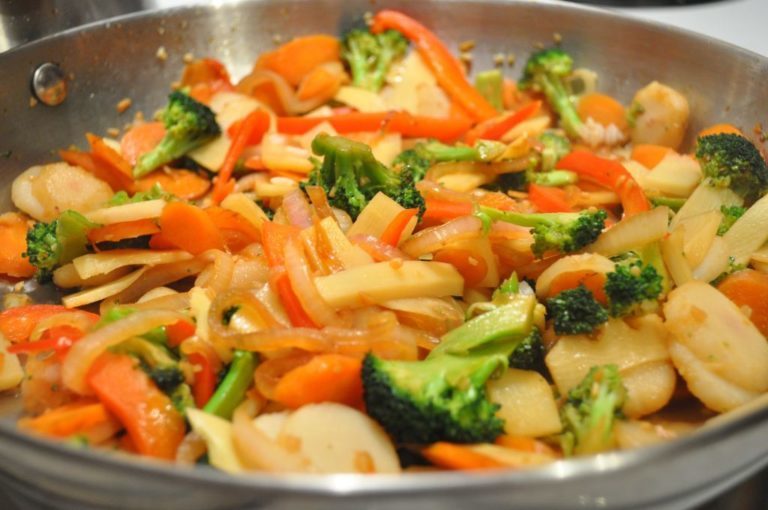HUNGER AND YOU: PART 1 OF 2
“I’m STARVING!”
We have either heard or said this several times but were you really starving or was that just hunger? You may have been many things. You may have been craving, peckish or hungry, but probably not starving. Starvation is not feeling hunger. Simply put, starvation is a physiological state consisting of distinct stages, starting at the body’s utilizing all its glucose and glycogen stores and ending at the complete usage of stored fat and utilizing protein as the only fuel source for the body. So…you are not starving.
So what is hunger?
Surely you have felt hungry. Hunger is the body’s way of creating an appetite, motivating us to find food so we can stay alive; creating a feeling of needing to eat food. It is of course never quite so simple. To put it into perspective, there are times where a person can have an almost full stomach and feel hungry while another individual can be fasting for days and feel satiated. Therefore, it is the possible causes of this feeling and our reaction to varying degrees which can either keep us alive or result in overeating.
 Food cravings and “peckish” feelings, as discussed in last week’s article, are more subjective. A craving is simply a strong desire for a specific food and to feel “peckish” is simply to feel for some “little thing”. Interestingly, although these seem minor they can stem from pregnancy and nutritional deficiencies to having no good reason at all.
Food cravings and “peckish” feelings, as discussed in last week’s article, are more subjective. A craving is simply a strong desire for a specific food and to feel “peckish” is simply to feel for some “little thing”. Interestingly, although these seem minor they can stem from pregnancy and nutritional deficiencies to having no good reason at all.
Hunger however is our regular passenger, letting us know that it’s there and requiring attention, but what causes hunger?
Hunger is our reaction to hormones our bodies which create the feeling of hunger. These specific hormones send messages between the stomach and the brain letting us know when we are full. Some people have lower levels of these hormones and are less likely to feel full after a normal meal, and feel full for long. Let’s not forget the hormones
is released from our bodies’ long-term fat stores, and ghrelin causes our physical reactions to our feeling to eat, stomach grumbling etc. So our hormones have the potential to make us believe we are uncontrollably hungry.
Unfortunately, a person with large fat stores can become Leptin intolerant, giving the sensation that they are perpetually hungry, and when they diet, the lowered leptin levels will also make them feel very hungry or as though they are starving.
Dopamine and serotonin are reward hormones which gives us that good feeling, more exactly that happy feeling after eating, and the more calorically intense a meal is the more serotonin rewards us. Sugars and simple carbohydrates, flour products for example, will give a temporary serotonin mood boost. This often accounts for cravings, urges and habits, many of which we interpret as hunger.
When understanding this reward side of the story we can easily see foods, especially sugary, fatty, simple carb based foods as drugs. The chemicals and centers of our brain which are activated in these encounters are the same as those activated by some recreational drugs, food addiction is real, common and potentially damaging and deadly.
So will we now instantly manage our response to hunger, in these super caloric societies? Probably not just yet. But why? What is promoting our hunger and our careless, shortsighted response to it? Join me next week when we will examine some of these causes and get a better understanding of them, this is important, because, as always, knowledge is power.





